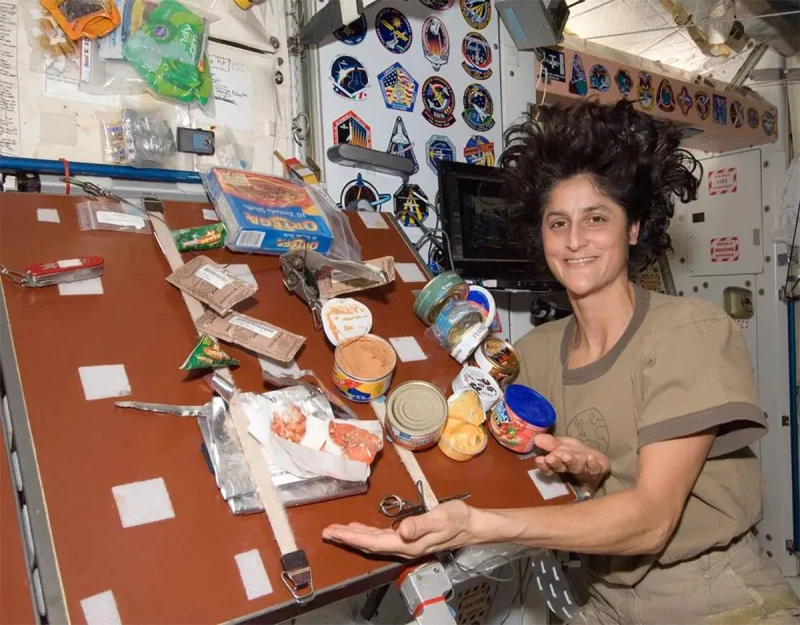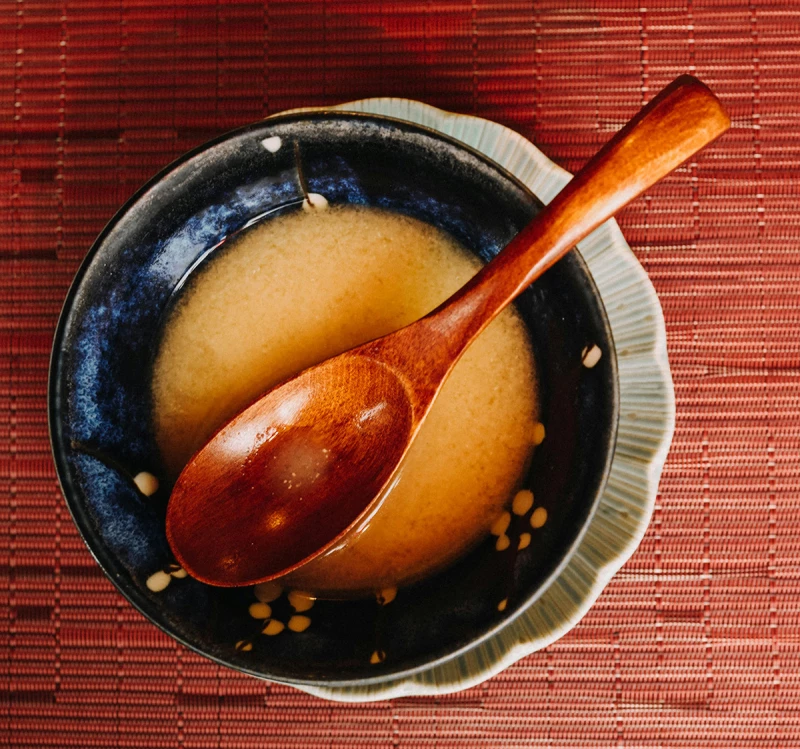Making Miso in Space Is Possible and the Result Has a Nuttier Flavor

Wikimedia Commons
Anyone who has read about life aboard spacecraft knows that astronauts live with very limited resources, including meals that are mostly rehydrated.
Even though NASA and other space agencies work hard to provide a variety of dishes, astronauts still have few food choices. On top of that, nasal congestion caused by microgravity dulls their sense of smell, making food taste blander in space.
Exploring Fermentation as a Flavor Solution
With the goal of expanding flavor possibilities beyond Earth, researchers from the Massachusetts Institute of Technology (MIT) and the Technical University of Denmark set out to explore the potential of fermentation in space.

NASA
In 2020, they sent a sample of miso — the traditional Japanese condiment made from cooked soybeans, salt, and the mold koji, known for its rich umami taste — to the International Space Station (ISS), where it fermented for 30 days in Low Earth Orbit. Meanwhile, two other batches fermented on Earth, one in Cambridge, USA, and the other in Copenhagen, Denmark.
The scientists retrieved the space-fermented miso, compared it with the Earth-based samples, and found that the flavors were quite similar — but they rated the miso from space higher in “nutty” and “roasted” flavor notes.

Yelena / Pexels
What Made Space Miso Different?
This stood out, especially considering two unique conditions aboard the ISS.Microgravity prevents the miso from compressing under its own weight during fermentation.This may change how gas bubbles form, affecting the miso’s density and how microbial communities grow.Cosmic and solar radiation, to which the sample was more exposed in space, may have influenced the microbial ecosystem and ultimately altered the flavor.
Based on these findings, the researchers believe fermentation could be a valuable tool for expanding food options during long-term missions. It could help preserve fresh ingredients for longer and enable the creation of new seasonings, condiments, and dishes — all without needing to cook. In essence, fermentation could open up a new frontier in space cuisine.
Read the original article on: New Atlas
Read more: Space Solar Startup Prepares Laser Power Transmission Demo for 2026










